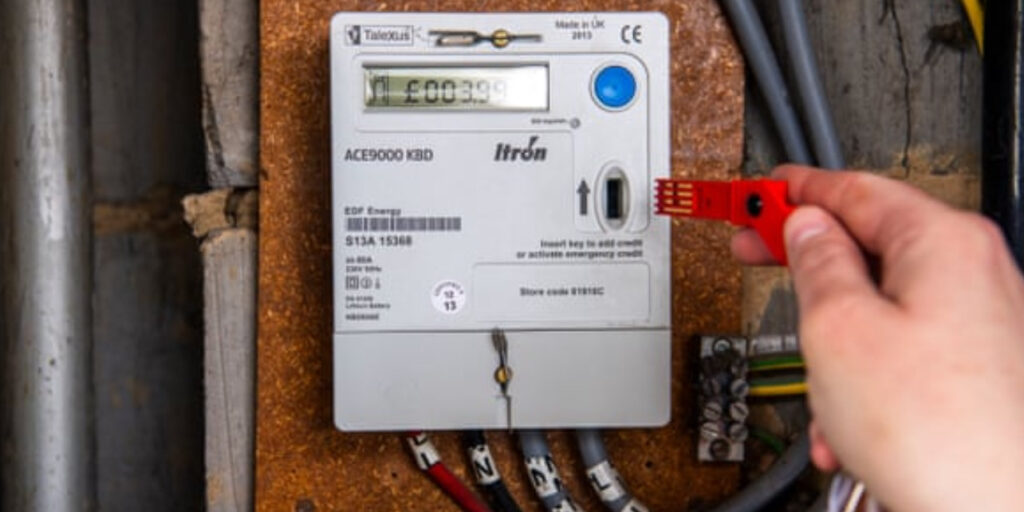Millions of vulnerable UK households relying on prepayment meters may see energy bills swallow nearly a third of their income this winter, according to a report by the Resolution Foundation.
With plunging temperatures and rising energy usage during December, January, and February, low-income families are expected to bear the brunt of higher gas and electricity prices.
The thinktank estimates that 4 million households using prepayment meters will spend over 30% of their income—after housing costs—on energy during the winter months.
This burden is described as “unsustainable,” potentially leaving many families in cold and dark homes.
Energy Costs Continue to Rise
Energy bills have surged in recent months, driven by market fluctuations linked to geopolitical events in Russia and the Middle East.
Ofgem, the UK’s energy regulator, announced a 1.2% price cap increase from January for England, Scotland, and Wales.
For average households paying by direct debit, this equates to an annual rise of £1,738, while prepayment meter users face a slightly smaller increase to £1,690.
Despite this year’s reduction in the cap compared to 2022 levels, energy costs remain significantly higher than in 2021, when typical bills averaged under £1,300 annually.
Prepayment Meters: A Struggle for Low-Income Families
Prepayment meters are disproportionately used by Britain’s poorest households, with a quarter of the lowest-income families relying on them compared to just 1.5% of the richest households.
These families often live in rented homes with low energy efficiency, compounding their winter heating expenses.
Unlike direct debit customers, prepayment users must top up meters upfront, which prevents them from spreading costs across the year. Consequently, they face sharply higher expenses during the coldest months.
On average, households using prepayment meters will spend over 30% of their income on energy during the winter months, compared to just 12% in the summer.
Calls for Greater Support
Jonny Marshall, Principal Economist at the Resolution Foundation, warned that for families on prepayment meters, “the energy crisis feels far from over.” Persistently high prices, coupled with peak winter usage, could force many households to ration energy, risking their health and wellbeing.
Criticism has also been levied at the government over cuts to winter fuel payments for most pensioners.
However, the Department for Energy Security and Net Zero highlighted measures such as the £150 Warm Home Discount and £500 million in industry support to aid vulnerable families.
A department spokesperson added that Ofgem’s steps to protect prepayment meter customers have been welcomed and stressed that suppliers should install such meters involuntarily only as a last resort.
The Road Ahead
As winter bites, low-income households are likely to face tough choices in balancing energy costs with other essential spending.
The government and energy industry are under pressure to ensure sufficient support is provided to prevent vulnerable families from being pushed further into hardship.


